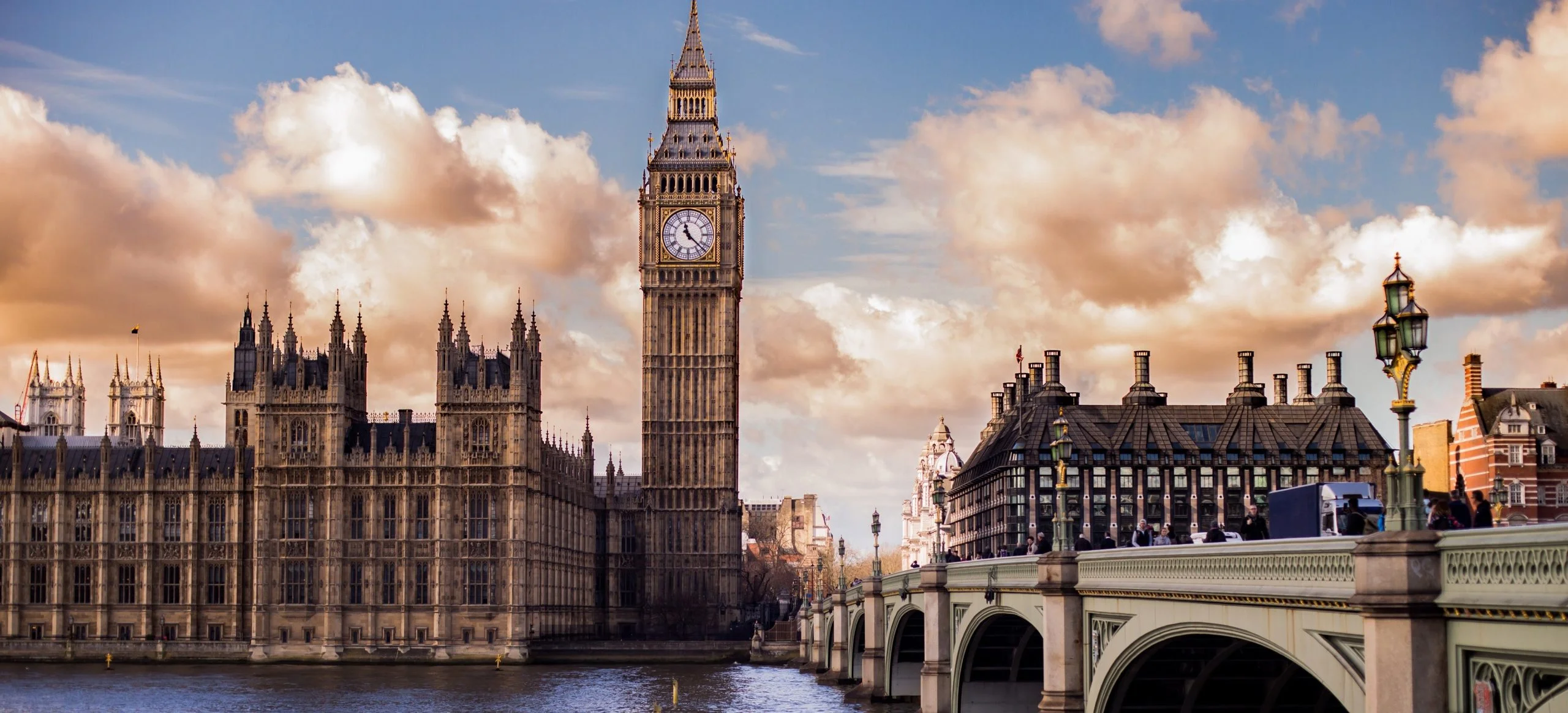- KNOWLEDGE BASE
- MENTAL HEALTH
- ADHD
- Anxiety
- Anxiety Assessment
- Effects of Anxiety on Physical Health
- How to Stop Shaking from Anxiety
- How to Tell if Shortness of Breath is from Anxiety
- How to Explain Anxiety
- How to Help Anxiety in Children
- Difference Between Anxiety and OCD
- How to Help Someone with Agoraphobia
- Derealisation Anxiety
- Alcohol and Anxiety
- How to Stop Panic Attacks at Night
- Residential Treatment for Anxiety
- How To Deal With Separation Anxiety
- How to Deal with Social Anxiety
- How to Deal with IBS Anxiety
- How to Deal with Health Anxiety
- How to deal with High-Functioning Anxiety?
- Anxiety Treatment
- Anticipatory Anxiety
- Types Of Anxiety Disorders
- Generalised Anxiety Disorder
- Bipolar
- Borderline
- Burnout
- Depression
- Grief
- OCD
- Trauma & PTSD
- Sleep
- Other
- Trauma & PTSD
- Depression
- Burnout
- Bipolar
- Anxiety
- Oppositional Defiant Disorder
- How To Deal With Paranoia Attacks
- Royal College of Psychiatrists
- Therapies In London
- Private Psychiatric Assessment London
- Signs Of Anger Issues
- Anger Management Techniques
- Suicidal Thoughts
- Social Media And Mental Health
- Mental Health Assessment UK
- Mental Health Statistics UK
- Domestic Violence Statistics UK
- Marriage Counseling
- Importance of Mental Health
- Healing after Breakup
- How to Build Resilience
- Histrionic Personality Disorder
- How to Overcome Low Self Esteem
- Signs of Low Self Esteem
- Traits of Narcissistic Mother
- Journaling for Mental Health
- Codependency Recovery
- How to Deal with a Psychopath
- How to Stop Overthinking and Worrying
- Mental Health in Media
- Neuroticism Treatment
- Obsessive Love Disorder
- How to Stop Dissociating
- Fearful Avoidant Attachment
- Midlife Crisis
- Troubled Youth Counselling
- Anxious Preoccupied Attachment
- Boarding School Syndrome
- How to Deal with Body Dysmorphia
- Mental Health Relapse
- Somatoform Disorder
- How To Stop Self Sabotaging
- How To Stop Being A Covert Narcissist
- Emotional Imbalance
- How to Deal with Mood Swings
- Emotional Dysregulation Disorder
- Psychosis Treatment
- Signs you Need to Go to a Mental Hospital
- Private Mental Health care
- How To Help Someone With Schizophrenia
- Residential Mental Health Facilities
- How To Deal With Someone With Munchausen Syndrome
- How to Deal With Gaslighting
- How To Deal With Abandonment Issues
- How To Deal With Paranoid Personality Disorder
- How To Deal With Toxic People
- How to Deal with a Mentally Unstable Person
- How to deal with a Narcissist?
- MENTAL HEALTH
- ADDICTION
- Alcohol
- Wet Brain Syndrome
- Functioning Alcoholic – UK
- Alcoholism And Personality Changes
- Alcoholic Seizures
- Alcohol and Antibiotics
- Difference between Drunk and Alcohol Poisoning
- How to Sober Up Fast
- Famous Alcoholics
- Alcohol Poisoning Cure
- How to Stop Binge Drinking
- Alcohol and Anxiety
- Alcohol and Pregnancy
- How to Cure a Hangover
- Living with an Alcoholic
- Insomnia from Alcohol
- How to Get Alcohol Out of your System
- How to Detox from Alcohol
- How To Deal With An Alcoholic
- Foetal Alcohol Syndrome
- Alcohol and Panic Attacks
- Drunk and Disorderly
- Behavioral
- No posts found for the specified taxonomy and term.
- Detox
- Drugs
- Dual Diagnosis
- Mixing Drugs & Alcohol
- Prescription Drugs
- Benzodiazepine Withdrawal
- Benzodiazepine And Alcohol
- Benzodiazepine Overdose
- Benzodiazepine Side Effects
- Benzodiazepine Addiction In The UK
- Zapain In The UK
- Vicodin In The UK
- Dihydrocodeine Addiction
- Fentanyl Poisoning
- Mogadon
- Diazepam Withdrawal Symptoms
- Zopiclone Withdrawal
- How to Stop Taking Citalopram
- Amitriptyline Withdrawal
- Gabapentin Withdrawal
- Steroid Abuse
- Pregabalin Withdrawal
- Laxative Abuse
- Venlafaxine Withdrawal Symptoms
- Can You Overdose on Sleeping Pills
- Ketamine Addiction Treatment
- Stimulant Addiction Treatment
- Xanax Addiction Treatment
- Painkiller Addiction Treatment
- Codeine Addiction Treatment
- Steroid Addiction
- Solpadeine Addiction
- Morphine Addiction
- Prescription Drug Addiction
- Sleeping Pills Addiction
- Tramadol Addiction
- Co-codamol Addiction
- Zopiclone Addiction
- Pregabalin Addiction
- Diazepam Addiction
- Codeine Addiction
- Other
- Prescription Drugs
- Dual Diagnosis
- Macaulay Culkin Drug Use
- Vaping Dangers UK
- Monkey dust Addiction
- Stress And Depression
- Autism And Alcoholism
- What is 2C-B
- Flakka Side Effects
- ADHD Assessment For Adults
- Support for Families of Addicts
- Addiction Therapy
- Worst Drugs for Your Heart
- Spice Addiction UK- Symptoms, Effects, and Treatment
- Addiction Stages
- Methods of Drug Addiction Treatment in the UK
- Symptoms Of A Comedown
- Teen Addiction Treatment
- Addiction Counselling
- Halfway House
- Interventions
- Substance Abuse
- Alcohol
- ADDICTION

SWISS MEDICAL EXPERTISE: MALLORCA, ZURICH, LONDON, MARBELLA, OFFSHORE






